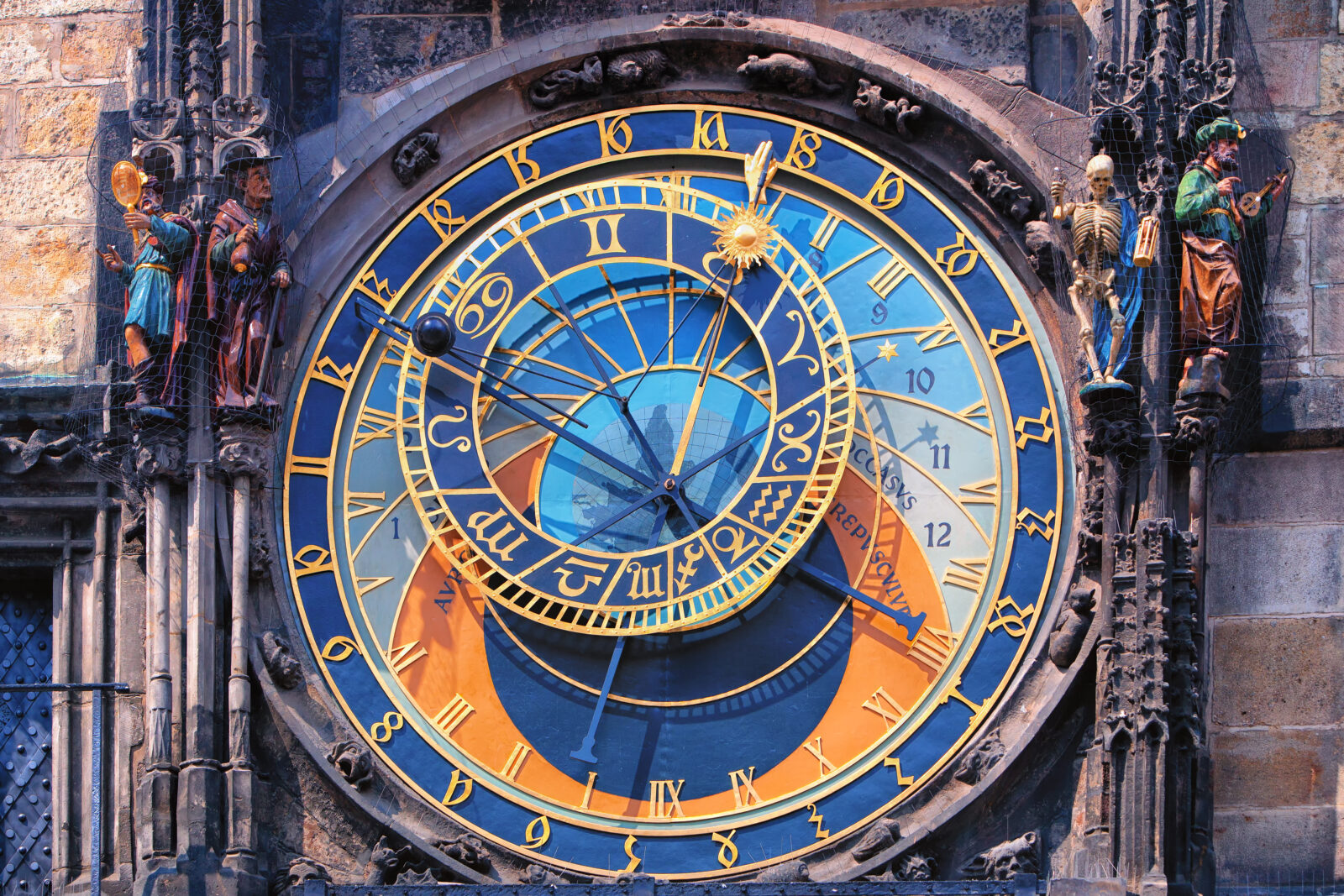When Natural and Super-Natural Explanations Work Hand in Hand
Is there room in science for both natural and supernatural explanations? Or does science only advance by excluding arguments that go outside purely naturalistic causes? On this episode of ID The Future, host Andrew McDiarmid begins a two-part conversation with historian of science Michael Keas on how Christianity cultivated science both with and without methodological naturalism.
Methodological naturalism is the idea that scientists may only invoke unintelligent causes for nature’s history. In Part 1, Keas explores Christianity’s influence on the role of methodological naturalism, emphasizing that while methodological naturalism is a legitimate approach to studying nature, it should not be used to dismiss other perspectives. He provides examples of thinkers from the Greco-Roman and medieval periods that demonstrate when to invoke natural causes and when to invoke supernatural causation.
Keas also explains how methodological naturalism combines with scientism—the belief that science alone dictates the truth — to create an unnecessarily limited path for scientific inquiry. “Scientism is a narrow view of what counts as knowledge,” says Keas. It can be expressed this way: “”Sure, we’re intelligent agents because we’re here thinking about nature. But we can’t know anything about other intelligent agents that might have preceded humanity or had a role to play in the origin of the universe, the origin of life, or for that matter, anything in history.”
Instead, Keas suggests a different approach: methodological pluralism, a view of scientific inquiry that allows for both intelligent and unintelligent causes and a plurality of causal agents, as long as the evidence supports it.
This is Part 1 of a two-part conversation. Look out for Part 2 next!
Dig Deeper
Read the essay that inspired this conversation: Christianity Cultivated Science With and Without Methodological Naturalism
Read Dr. Keas’s book Unbelievable: 7 Myths About the History and Future of Science and Religion
Pictured: the third-oldest astronomical clock in the world, installed in 1410, in Prague.
